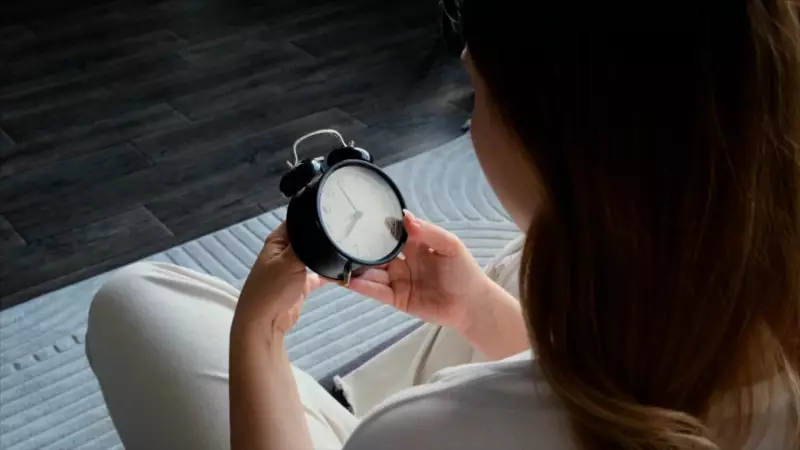
This weekend marks a familiar ritual for Ottawa residents as clocks fall back one hour, but a growing chorus of voices is saying this seasonal tradition has outlived its usefulness. While many welcome the extra hour of sleep on Sunday morning, sleep specialists and politicians are increasingly advocating for an end to the biannual time change.
The Health Impact of Time Changes
Sleep experts are sounding the alarm about the negative health consequences associated with changing clocks twice yearly. Dr. Célyne Bastien, a University of Ottawa sleep specialist, emphasizes that these disruptions can have serious implications.
"Our internal clock doesn't adjust easily to these changes," explains Dr. Bastien. "This disruption can lead to sleep deprivation, increased stress, and even heightened risks of cardiovascular events and accidents."
The temporary exhaustion following time changes isn't just about feeling tired—research shows it can affect cognitive function, mood stability, and overall productivity for days or even weeks following the adjustment.
The Political Movement to Stop the Clock
Ontario passed legislation in 2020 that would make daylight time permanent, but there's a significant catch: the province is waiting for Quebec and New York State to make similar moves to maintain synchronization.
Jeremy Roberts, former MPP who championed the time change bill, remains optimistic about progress. "The conversation is definitely advancing," he notes, pointing to ongoing discussions between provincial and state governments.
Why Experts Prefer Permanent Standard Time
While many assume permanent daylight time would be preferable, sleep scientists actually advocate for permanent standard time—exactly what we're returning to this weekend.
"Standard time aligns better with our natural circadian rhythms," says Dr. Bastien. "The morning light is crucial for synchronizing our internal clocks. Permanent standard time provides that essential early sunlight, especially important during winter months."
Practical Tips for This Weekend's Transition
- Gradually adjust your sleep schedule by 15-minute increments in the days leading up to the change
- Maximize exposure to morning sunlight after the time change
- Avoid caffeine and alcohol close to bedtime during the adjustment period
- Consider adjusting other daily routines like meal times gradually
- Use the opportunity to check smoke and carbon monoxide detector batteries
As Ottawa residents enjoy their extra hour this weekend, the broader question remains: could this be one of the last times we go through this seasonal ritual? With health experts advocating for change and political momentum building, the era of clock-changing may be winding down.





